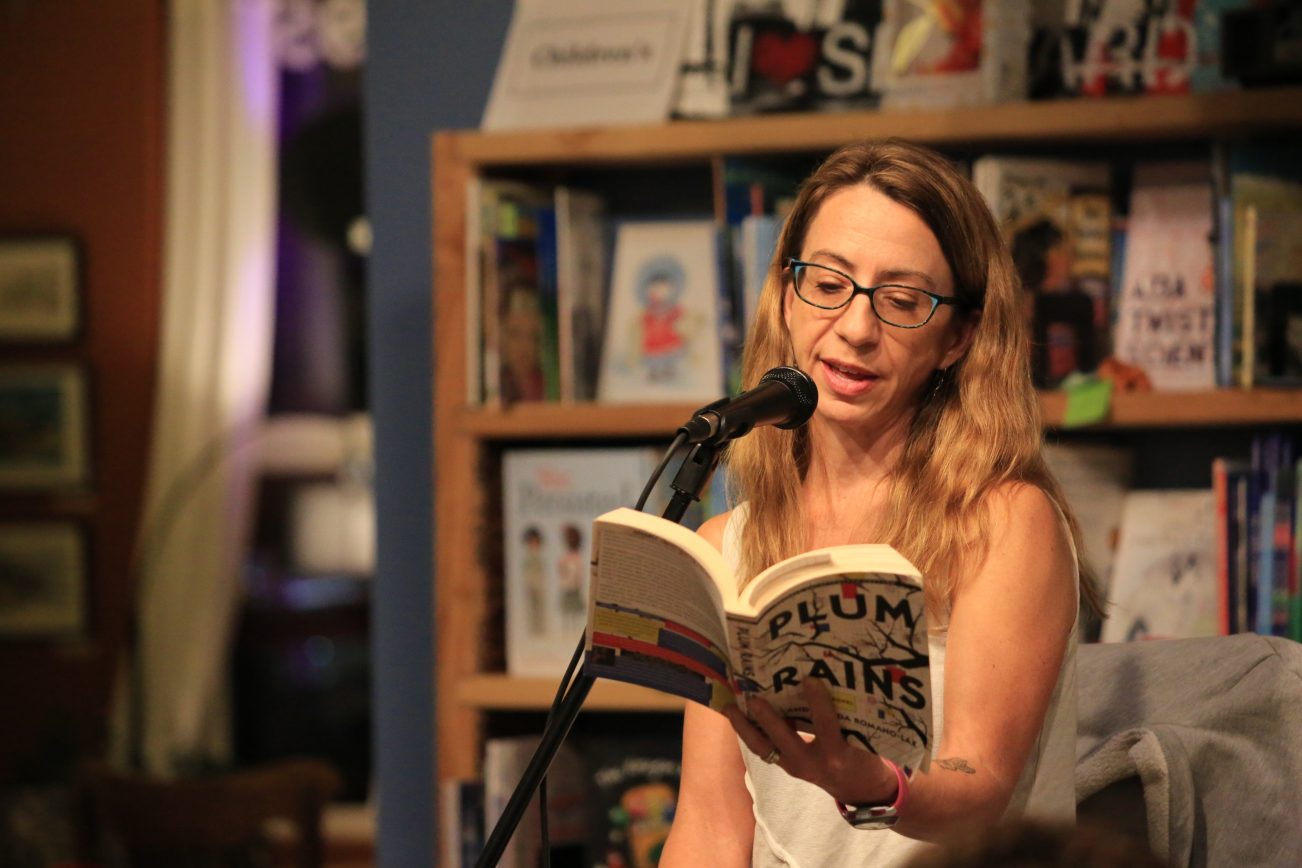I’ve been known to give advice to writers—maybe too much of it! But it occurs to me that my best advice falls under the category “Do as I say, not as I do.”
Read my top seven suggestions and consider sharing examples from your writing life in the comments below.
#1. Start writing your acknowledgements as soon as you start writing your book.
Generally, this is one of the very last things you’ll hand in to your editor. Sure, you’ll remember your nearest and dearest, but it’s harder to remember all the people who helped by reading early drafts, for example. I’ve had to go through old emails to remember which kind friends and peers read parts of my books several years before those darn books got published. By starting an acknowledgements page early, you avoid forgetting people and you also plant a flag in the sand. This is your book! You intend to finish and publish it!
#2. Start a timeline document for your novel or memoir.
Include relevant dates like birthdays for each character, for example, to aid you in avoiding continuity errors later. Add events as you recall or invent them. Was the body found on a Monday? Did the police arrest a suspect ten days later, which would be…let’s see… Thursday? In this way, you are acting as your own copyeditor early in the process. (This is one thing I do try to do, not neatly enough, leaving me with a big clean-up and fact-checking chore late in the process.)
#3. Read your manuscript aloud.
Most writers recommend this. I’ve tried, and I tend to zone out, because I’m a more focused reader than listener. Even so, listening to parts (if not a whole manuscript) is a good way to catch “echoes” (infelicitous repetitions) and to note rhythm.
#4. Keep a side notebook, or several of them, for every writing project.
This gives you a place to log research and record ongoing thoughts or questions. Some years, I even paste blank monthly calendars so I can record my wordcount or pages written. In recent years, I’ve started using too many different notebooks too randomly, taking comfort in the fact that Agatha Christie did the same! Do what you can, knowing that even a messy approach is better than none. (Yes, I use digitally stored documents and bookmarks as well, but nothing beats a physical notebook.)
#5. Start planning your promotion strategy early—even ahead of your publishers.
Six to nine months prior to pub date, start working on those companion essays, for example. Freshen up your website. Pre-draft author newsletter items. Get a podcast pitch spreadsheet started—or whatever else you want to try. Don’t wait to do all these tasks close to pub day, when you’ll feel overwhelmed. (I give myself a C+ here. I do some of it, but not all of it, and never quite soon enough.)
#6. Don’t check Goodreads. (Ha! Says the Goodreads addict.)
#7. Don’t measure your own value by the metrics of publishing, including sales, followers, and so on. (Good luck!)
If I know all of these to be good practices and yet don’t follow them 100%, what conclusion should the reader draw? Perhaps only that we don’t have to be perfect. Not to start a book. Not to finish one. Not to sell one. Not to make a career from writing and writing-adjacent activities.
“The perfect is the enemy of the good,” said Voltaire.
But really, didn’t I have a handful of fresher quotes to make my point? I’d better go dig up that notebook.
Writers! Please share the advice you wish you could follow or the helpful habits you’ve finally nailed down.
Andromeda Romano-Lax is a book coach and the author of six novels, including The Deepest Lake, which The Observer listed as a Top 10 Travel Thriller for August.


You may laugh — but I design a mock-up cover early on, even on something as unsophisticated as Powerpoint. It makes it feel more like a real book already and helps me to conceptualize what’s essential about the manuscript.
All good advice! Along with the acknowledgements, I create an author’s note early on to record which parts of my historical fiction plot are real, and which I made up or altered to fit the plot better.